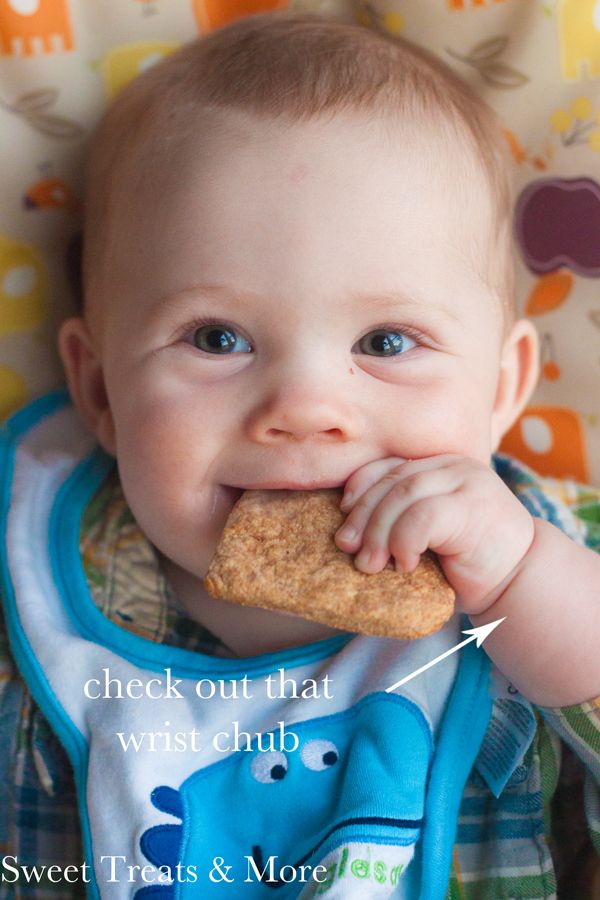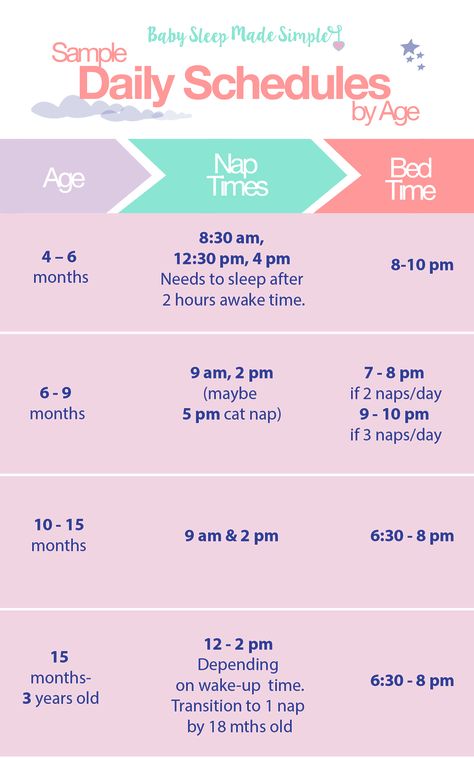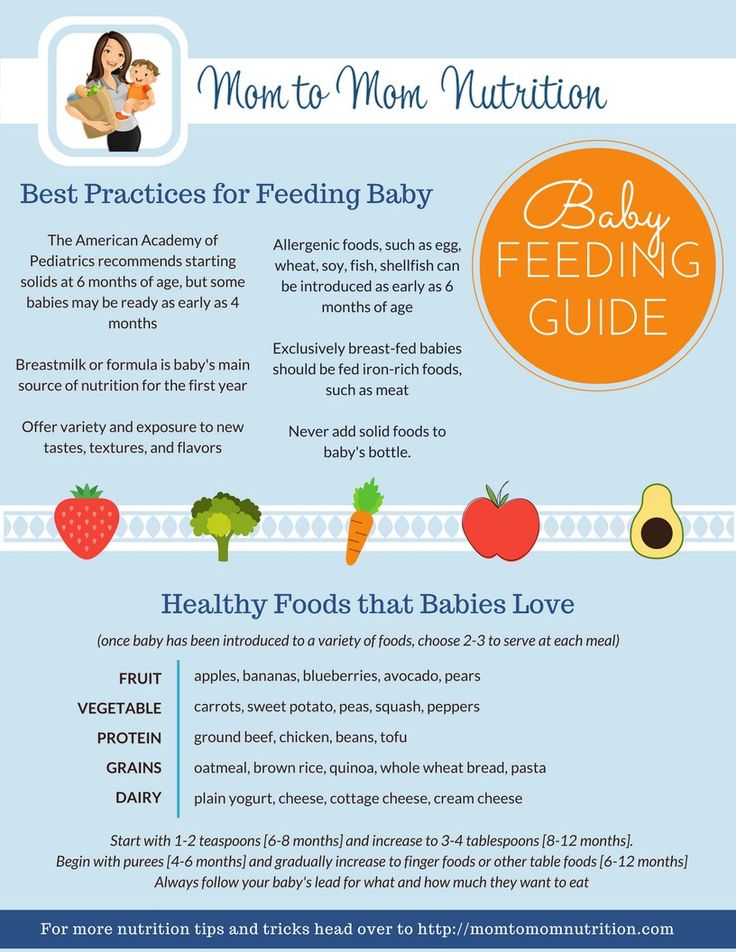How to stop my baby snack feeding
How to Stop Baby from Snacking on the Breast
Does your newborn need to eat more at each feeding? Learn how to stop baby from snacking on the breast and take a full feeding.
You baby seems to be a “snacker.”
She’ll eat for five minutes at a time, but falls asleep at the breast or dribbles milk as she sucks. She seems to want to breastfeed all day instead of every few hours. With all this snacking, you’re worried she’s never full, and that you’re encouraging bad habits of frequent feedings and short sleep.
These frequent feedings also make it really difficult for you to have any sort of life apart from breastfeeding. And of course, nights are difficult when she wakes up every hour at night to eat—for a mere five minutes, of course—before going back to sleep.
How can you get her to eat more when she refuses to do so for very long?
How to stop your baby from snacking on the breast
If you’re in the newborn stage, here’s the first thing I’ll say: snacking on the breast is pretty common.
This is why we hear about feeding on demand, especially since breastmilk digests quickly and newborns have small stomachs. And if you think about it, your baby had a constant flow of nutrients when she was in the womb not too long ago.
If you’re worried she isn’t gaining enough weight, a check-up with the pediatrician can ease your mind. And more than likely, you’ll be able to lengthen her feeding sessions and stretch her sleep the older she gets.
All that said, is there anything you can do to encourage her to eat more at each feeding session, especially over time?
To start, check with your pediatrician and lactation consultant for professional advice. They’ll know your situation best and can customize a plan that works for you. Then, take a look at these tips to gradually stretch her feedings throughout the day and at night:
1. Keep your baby awake during feedings
I thought I found the best secret when I realized that feedings often left my baby fast asleep soon after. “Now I know how to always make him fall asleep!” I said triumphantly.
“Now I know how to always make him fall asleep!” I said triumphantly.
Except this method had its drawbacks, from creating unsustainable sleep habits to being a human pacifier. And of course, falling asleep usually meant short and frequent feeding sessions.
Instead, try to keep your baby awake during feedings. That way, you’re certain that she’s actually eating and that she eats as long as possible. Stroke her cheek, burp her and switch sides, even change her diaper.
If she still falls asleep, gently wake her up and latch once again to see if she’s willing to keep feeding.
Free download: Do you struggle with getting her to sleep? Her awake time just might be affecting how well she sleeps. Join my newsletter and get One Mistake You’re Making with Your Baby’s Awake Time and discover one mistake you may be making with her awake time.
Don’t make the same mistakes I did—help her fall asleep with this one simple trick! Download it below:
2.
Part of the reason your baby snoozes so easily from nursing is that the sucking motion lulls her to sleep. She loves being close to you and might rely on you as a simple way to fall asleep.
But another reason could be her schedule, especially if you feed her right before nap time. She’s already so sleepy by then that feedings could be cut short because she’d rather fall asleep.
Instead, try feeding her after she wakes up, not to fall asleep. For instance, the first feeding can happen after she wakes up for the day. Keep her awake for play time, then, as nap time draws near, encourage her to fall asleep without needing a feed.
Feed her after she wakes up from the nap, and repeat the cycle with play time and another nap. By feeding her after waking up, you run less of a risk that she’ll fall asleep mid-feed.
Here’s how to get your baby to adjust to life outside the womb using a newborn schedule.
3.
 Entertain your baby
Entertain your babyWant to stretch your baby’s wake time between feedings? See what happens if you find more ways to keep her entertained. There’s a chance that she could be eating frequently simply because of boredom.
Now, if you suspect she’s hungry, then of course you should feed her. After all, at this stage, we want to feed on demand, not on our schedule. But sometimes you can delay her fussiness (and your inclination to feed as a way to soothe that fussiness) by entertaining her instead.
Make a list of her favorite activities, from lying on the play mat to being carried around the house. Make faces at her or play peek-a-boo. Lay her under the mobile or read her a book. You may be able to stretch that wake time long enough and, in doing so, her next feeding session as well.
Get ideas on how to entertain a baby.
4. Offer a pacifier
Does it seem like she nurses as a way to pacify herself? Check with her pediatrician or your lactation consultant about offering a pacifier.
You might be able to break the habit of frequent feedings by offering a pacifier instead, especially when it feels like she just ate not too long ago. She might be needing a way to soothe and suck, which a pacifier can help with.
5. Don’t compare your baby to others
The worst feeling is hearing about other babies the same age as yours (or even younger) who are already eating and feeding in longer hour stretches. You assume that you’re doing something wrong, or that you’re setting yourselves up for sleepless nights.
Remember that all babies truly are different. Just as some toddlers, kids, and adults have small appetites or snack frequently, so too do babies. And your baby might take longer to find her rhythm, which you should respect and cater to at this stage.
And if you’re worried you’ll never sleep, you always have the option to sleep train down the line when she’s older and with your pediatrician’s recommendation. Bear with the frequent feedings and short bursts of sleep for now, knowing it’s only temporary.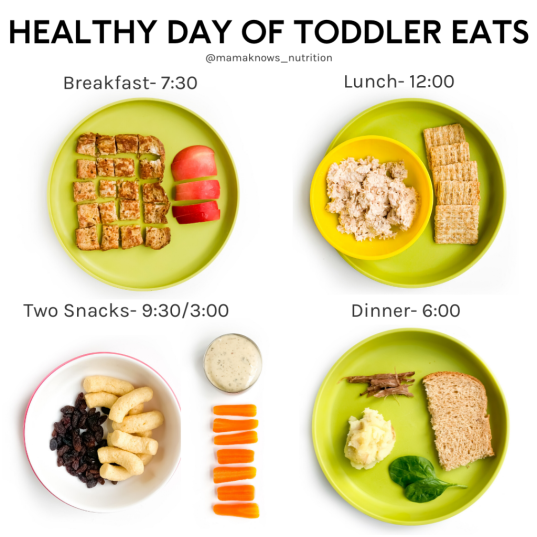
Conclusion
There’s no doubt about it: snack feeding at night or throughout the day is not easy on any mom. You want to make sure your baby takes a full feeding, yet she seems to want to breastfeed constantly. Even when she does, she falls asleep within minutes. How can you get her to eat more at each feeding?
Make sure she’s actually awake during feedings, as this makes her more likely to eat than to simply suck. Feed her after she wakes up, instead of to fall asleep, so that she’s less sleepy when she eats. Stretch her wake time by keeping her entertained, especially if you suspect she’s fussy out of boredom.
Offer a pacifier as an alternative to using you to soothe herself. And finally, stop comparing her to other babies whom you already hear are feeding in long stretches. Every baby develops differently, and you can always teach her to self soothe when she’s out of the newborn stage.
Hang in there, mama! You and your little “snacker” will be out of the woods soon.
Get more tips:
- 4 Reasons Your Baby Never Seems Satisfied After Breastfeeding
- How to Survive the First Weeks with a Newborn and Toddler
- Why Dads Should Wake Up for Night Feeds
- When Does Breastfeeding Finally Stop Hurting?
- Burping a Newborn After Breastfeeding: Necessary or Not?
Don’t forget: Join my newsletter and get One Mistake You’re Making with Your Baby’s Awake Time—at no cost to you:
Is your newborn feeding every hour and not sleeping?
Posted on . Last updated .
If your newborn is never able to go 2 to 3 hours between feedings, your baby may be snacking all day instead of getting full feedings. Let’s talk about newborns and full feedings.
As a new mom, I thought “feed on demand” meant that I was supposed to feed Ella anytime she cried, no matter the reason.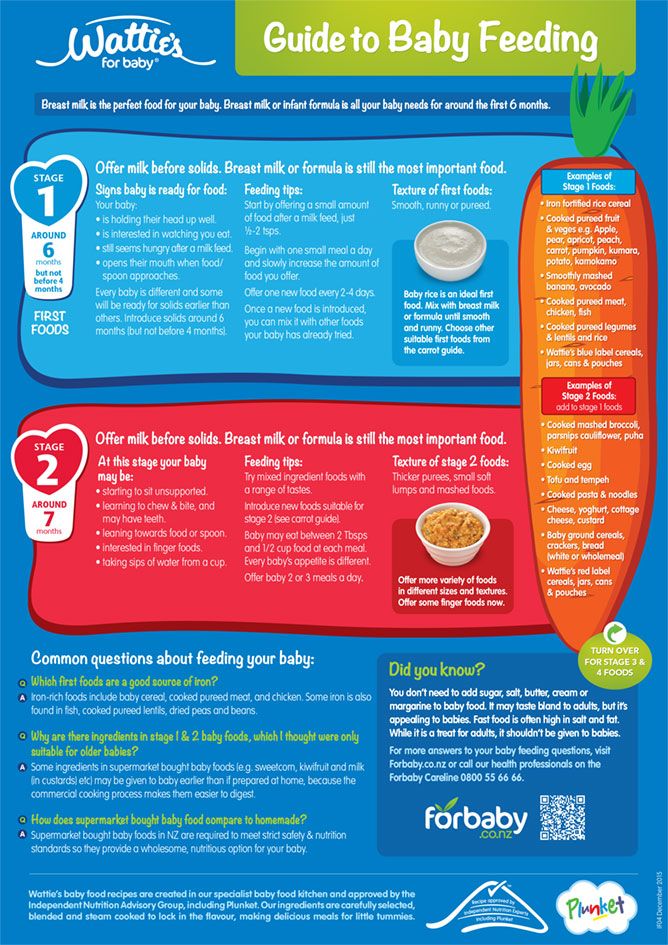 At every whimper, I’d offer a feeding - she would pop on, nurse a bit, and pop off. I didn’t realize that she was snacking instead of getting a full feeding.
At every whimper, I’d offer a feeding - she would pop on, nurse a bit, and pop off. I didn’t realize that she was snacking instead of getting a full feeding.
In those early days, I didn’t know how to read my newborn’s sleepy cues and so I interpreted every cue as hunger. I didn’t have the tools to help her when she was tired. This was actually leading to poor feedings and a whole lot of snacking. She was feeding every hour and not sleeping.
Feeding and sleep are so interrelated, which is why I’m so glad to have lactation consultants and counselors on my team. I asked Blakely, an IBCLC on the Taking Cara Babies team, to talk about some of the most common questions surrounding snacking, full feedings, and sleep. I’d love for you to hear from Blakely before we dive into all of the details.
Why are full feedings so important for babies (and parents)?#
1. Full feedings lead to a baby who is content between feedings.
Full feedings lead to a baby who is content between feedings.
2. Full feedings allow for parents and babies to enjoy active awake time.
3. Full feedings help us respond to hunger needs appropriately instead of assuming every cry is a hunger cry.
4. Full feedings allow for adequate daytime calories which allows for more consolidated sleep at night. Let me show you this example:
5. When nursing, full feedings help babies get the perfect balance of protein and fat that is vital for growth and development.
For breastfeeding Moms, those first few weeks are establishing your milk supply. Full feedings can help with this because the more milk that is removed, the more milk your body produces.
Is snacking the same as cluster feeding?#
Snacking and cluster feeding are different. There can be times during the day when your baby feeds closer together. This is generally in the late afternoon or evening and is often called cluster feeding.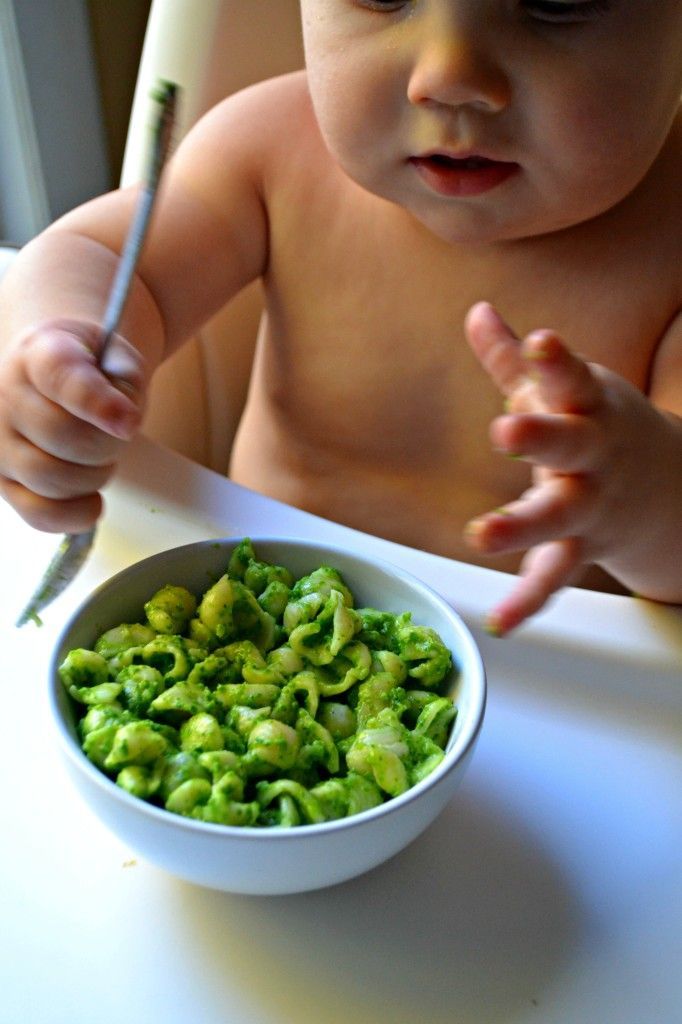 This can be normal for both nursing and bottle fed babies. The difference between cluster feeding and snacking is that snacking is happening all day, whereas cluster feeding happens closer together for a portion of the day.
This can be normal for both nursing and bottle fed babies. The difference between cluster feeding and snacking is that snacking is happening all day, whereas cluster feeding happens closer together for a portion of the day.
How do I help my newborn stop eating every hour and prevent constant snacking?#
1. Know what hunger cues look like.
2. Help your baby stay awake while feeding. Wondering how? Keep reading!
3. Try waiting 15-30 minutes before feeding. She often won’t be hungry enough to eat well if she just ate 45-60 minutes ago.
4. If you’re bottle feeding and struggling to get more than an ounce or two, consider going up a nipple size.
Should I put my newborn on a feeding schedule?#
No, you shouldn’t. Research shows that it’s important to follow hunger cues instead of a rigid clock schedule. It’s vital that we feed our hungry baby.
How do I keep my baby awake during feedings?#
1. Undress your baby and get her skin-to-skin with you. Skin-to-skin contact encourages sucking and helps keep your baby awake while feeding. This is great for both breast and bottle-fed babies.
Undress your baby and get her skin-to-skin with you. Skin-to-skin contact encourages sucking and helps keep your baby awake while feeding. This is great for both breast and bottle-fed babies.
2. Take a quick break and lay him down in the middle of the floor. Sometimes just being away from your warm body will wake him up a bit.
3. Try rubbing a damp cloth on her face and chest.
4. Do a diaper change before a feeding and again half-way through the feeding.
5. Ensure that your baby has a proper latch.
How much should my newborn be eating in 24 hours?#
I know that so many parents want a number, but the answer is truly different for each baby.
Some questions to ask yourself if you’re concerned that your baby is not getting enough are:
Is your baby content between feedings?
Is your baby gaining weight and staying on his growth curve?
Is your baby able to go 2-3 hours between feedings?
Talk with your pediatrician if you have any concerns.
How do I know if my newborn is full?#
When your newborn is taking full feedings, it can be easier to know if they are truly full after a feeding. Here are some cues that we see when a newborn is full:
Her hands are relaxed and open instead of curled into fists.
If you lift up his arm, it drops heavily instead of your newborn pulling it back towards his body.
Your baby is content at the end of a feeding and able to go 2-3 hours before the next feeding.
Please know that you might not see all of these each time.
How do I set up a routine with my newborn?#
My First Five Months Bundle will help you do just that: set up a flexible routine that is responsive to your baby's cues. I'll walk you through setting your days and nights up for success as you lay a healthy sleep foundation with no crying involved. Let me show you how to meet your baby right where he or she is developmentally and love the newborn stage.
Be sure to give yourself and your baby grace! You and your baby are both learning together. If your baby is simply not satisfied between feedings and can never go longer than two hours between feedings, please work closely with your lactation consultant and pediatrician. They are your best resource in navigating feeding struggles. My classes are designed to help you learn how to balance those feedings and sleepy cues to help your family thrive and enjoy the newborn stage.
Cara Dumaplin
I’m a mom of four, neonatal nurse, wife of a pediatrician, and a certified pediatric sleep consultant. My passion is teaching parents how to help their babies sleep with the expertise of a nurse and the heart of a mama so they can reclaim the joy of parenthood.
Termination of breastfeeding | Stopping breastfeeding
When is it time to stop breastfeeding and what is the best way to do it? Read our article for useful practical tips on weaning.
Share this information
How long should breastfeeding continue? Three months? Six? Year? Or maybe a few years?
The World Health Organization (WHO) and other authorities recommend that infants be exclusively breastfed for the first six months and then continue to be breastfed along with other foods (complementary foods) for at least two years. 1
1
The fact is that breast milk is not just food. It is a natural sedative if the child is anxious or tired. In addition, milk contains immune-boosting components, the amount of which increases dramatically when the baby gets sick. 2
According to anthropologists, the natural age of a person to stop breastfeeding is even more than two years. Given factors such as tooth development, body weight, comparison with other primates, and historical evidence, some scientists believe that breastfeeding may last up to two to four years. A number of researchers even believe that our ancestors breastfed children up to six or seven years of age. 3
Today, more than 60% of mothers in developed countries start giving their babies formula or complementary foods before six months of age, 4 although WHO does not recommend this.
When is it time to stop breastfeeding?
Weaning means that you gradually stop breastfeeding your baby. Ideally, the first step in this process is the gradual introduction of complementary foods, starting at about six months of age. In this case, breastfeeding continues. The weaning process continues until the mother's milk has been completely replaced by other foods and drinks.
Ideally, the first step in this process is the gradual introduction of complementary foods, starting at about six months of age. In this case, breastfeeding continues. The weaning process continues until the mother's milk has been completely replaced by other foods and drinks.
“After six months, the baby needs higher doses of certain nutrients, such as iron, zinc, vitamins B and D, that he cannot get from breast milk or from his own reserves,” says Sarah Beeson, health visitor from Great Britain.
“But solid food should at first only supplement the main diet with breast milk and gradually replace it. Mother's milk remains the main source of nutrition for the baby for many months to come.”
On average, a seven-month-old baby gets 93% of its calories from breast milk. And even between the 11th and 16th months, milk provides him with about half of the daily calorie intake. 5
“Sometimes moms think that breastmilk isn't that important once a baby has started solid foods, but the truth is, no matter how many months old a baby is, there's nothing better than your milk,” continues Sarah.
In fact, the process of finishing breastfeeding can take as long as mother and baby want. “When to stop breastfeeding is up to you,” says Sarah. The only thing that matters is what you think is right for you and your child.”
How to wean
Whenever you decide to start weaning your baby, it's best to do it gradually. An abrupt cessation of breastfeeding can lead to lactostasis, blockage of the milk ducts and mastitis, and in a child such a sudden change can adversely affect the state of the digestive and immune systems. In addition, it will be difficult for both of you psychologically.
When should I stop breastfeeding?
Sometimes mothers mistakenly believe that it is time to stop breastfeeding, when in fact there is no reason to. If you're returning to work, breastfeeding can be a great way to stay close to your baby during this difficult time for both of you. You can express milk at work, and morning and evening feeding sessions will give you the opportunity to spend time alone with your baby. If you need to leave without your baby, you can also express milk and bring or send it home.
If you need to leave without your baby, you can also express milk and bring or send it home.
If you get sick, this is not always a reason to stop breastfeeding. Read our advice in the article on breastfeeding when sick and consult with your healthcare professional.
Weaning up to six months
If you cannot continue breastfeeding until six months and want to try weaning your baby, start by replacing one feeding a day with a bottle of formula.
“It's best to start with midday feedings. Babies are very alert and able to smell breast milk nearby, so ask your partner or relative to give your baby a bottle when you're in the other room,” Sarah advises.
“Be hygienic when preparing meals. Be prepared for the fact that the baby will take fewer servings of expressed milk per day than if he was fed directly from the breast. Don't make him eat more milk than he wants."
You will probably feel that your breasts are fuller and more tender. This is due to the fact that your body is rebuilding to produce less milk. If this creates discomfort, try expressing some milk—just enough to relieve the discomfort without stimulating extra production.
This is due to the fact that your body is rebuilding to produce less milk. If this creates discomfort, try expressing some milk—just enough to relieve the discomfort without stimulating extra production.
When your body adjusts to the new volume - usually after a few days - replace with formula for one more meal a day. Continue this until you have changed all feedings and your baby is completely weaned.
“I had complications after my first birth, as a result I lost a lot of weight very quickly, and besides, I developed mastitis. Lactation was very weak, and at three months I was forced to stop breastfeeding,” recalls Jennifer, a mother of two from the UK, “I gradually replaced one feeding, so physically it was easy, but mentally it was hard for me.”
If you want to maintain closeness with your baby and all the health benefits of breastfeeding, but still need to cut down on breastfeeding, try partial weaning, replacing only a few feeds a day with formula.
Weaning after six months
Once your baby starts eating solid foods (about six months old), you will notice that breastfeeding naturally occurs less and less. For a year, it can be reduced to just a couple of times a day, and feedings will be replaced by full meals and healthy snacks.
For a year, it can be reduced to just a couple of times a day, and feedings will be replaced by full meals and healthy snacks.
Anyway, if you intend to continue to reduce breastfeeding, do it gradually, replacing one feeding at a time. Use formula milk if your baby is under 12 months old. With cow's milk, you should wait at least up to a year.
“When I decided to wean my son, I breastfed him three times a day and gave him other foods three times plus light snacks. Gradually, I replaced all breastfeedings with formula. By 11 months, we only had one nighttime breastfeed left,” says Ruth, a UK mom.
There are various ways to distract a child from changes in his diet. Some mothers suggest that instead of breastfeeding something to drink and eat together to maintain a sense of closeness. You can also change your daily routine, play your favorite game, or replace feeding with caresses - from you or from your partner. Some children take longer to get used to the new food, but in the end everything falls into place. If you are having difficulty weaning, ask your healthcare provider for advice.
If you are having difficulty weaning, ask your healthcare provider for advice.
Ending breastfeeding naturally
Ending breastfeeding can be guided by the baby's wishes. This is called baby-initiated weaning, or the natural termination of breastfeeding. Such a process is likely to be long and gradual. Month after month, the feeding sessions will become shorter and less frequent, until one day the child completely loses interest in the breast.
“My daughter stopped breastfeeding on her own when she was four years old,” says Sarah, a mother from the UK. And once, when we were on vacation, she seemed to just forget about her breasts. Now, six months later, she sometimes still asks for breasts, but she already knows that there is no milk there.
You will have a huge amount of time for the body to adapt, so there should be no discomfort or swelling of the breast. However, you may find it difficult emotionally, so spend more time petting and bonding with your baby.
“Child-initiated termination of breastfeeding was right for me because I never gave my son formula or a bottle. I didn’t want to abruptly stop feeding and refuse him,” recalls Kelly, a mother from the UK, “He himself lost interest in breasts at the age of two and a half years. For us, it was the best scenario, although emotionally it was not very easy for me.”
What if you need to stop breastfeeding quickly?
It is best not to stop breastfeeding abruptly, but sometimes it is necessary for medical reasons or because you cannot be near the baby.
If you have been breastfeeding your baby up to this point, you will most likely have to express your milk to avoid breast swelling. Some mothers prefer to use a breast pump for this, others find it easier to express milk manually. You only need to pump a little, just to eliminate the discomfort, otherwise your body will take it as a signal to produce more milk.
At first, the breasts may swell and become tender, but this will pass. Breast milk contains a so-called feedback lactation inhibitor. When breastfeeding is stopped, this inhibitor tells your body to slow down milk production, but it can take days or even weeks for your breasts to rebuild.
Breast milk contains a so-called feedback lactation inhibitor. When breastfeeding is stopped, this inhibitor tells your body to slow down milk production, but it can take days or even weeks for your breasts to rebuild.
Certain medications can relieve pain and should be discussed with your doctor. Always follow your pharmacist's instructions or directions, and consult your healthcare professional before taking any medication.
“I had to abruptly stop breastfeeding when my daughter was eight months old because she had to take strong painkillers,” says Peggy, a mother from Switzerland. “It was very difficult because the baby was constantly looking for a breast and crying. I held her tightly to me as I gave her a bottle. This calmed her, and after a month everything was all right.
Can I continue breastfeeding if I want to get pregnant again?
Breastfeeding is a natural contraceptive. However, this method is not the most reliable, especially after six months or if you are not exclusively breastfeeding.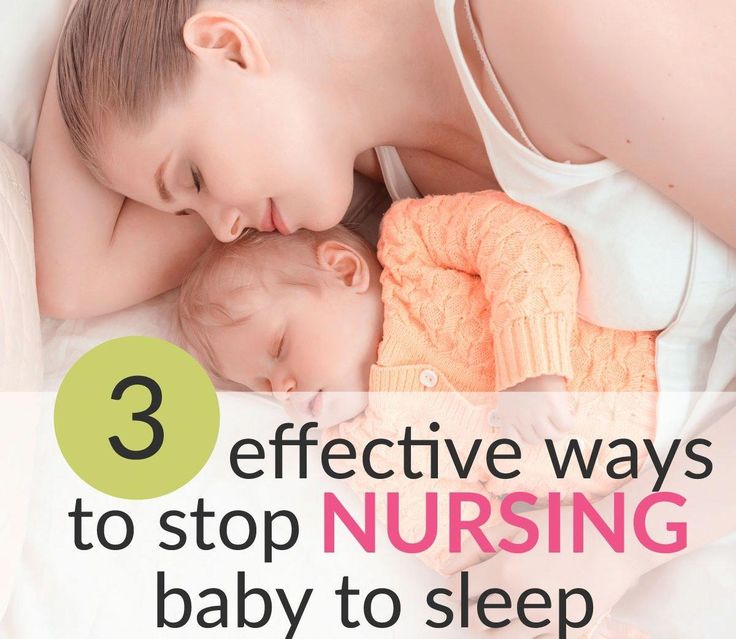 This means that you can get pregnant even while you are breastfeeding.
This means that you can get pregnant even while you are breastfeeding.
Pregnant and breastfeeding mothers sometimes receive conflicting advice about whether to stop breastfeeding. Consistent feeding of two children of different ages is of course possible, and with the advent of the second baby, your body will produce the kind of milk that both of them need.
It is not uncommon for an older child to refuse to breastfeed or skip feedings if the mother is pregnant. This may be due to changes in the composition of milk that occur during pregnancy. Milk can change the taste and become less sweet. 6 If your baby is under one year of age when he starts to stop breastfeeding, make sure he continues to gain weight.
Talk to your doctor if you want to continue breastfeeding during pregnancy but have had a preterm birth or miscarriage, or have any bleeding in the past.
If you need medical help to conceive, some drugs and procedures may not be suitable while you are breastfeeding. Discuss all possible options before deciding to stop breastfeeding.
Discuss all possible options before deciding to stop breastfeeding.
And finally...
Whenever you decide to end breastfeeding, and whatever method you choose to do so, be gentle with yourself and your baby. This is a huge change for both of you physically, hormonally, and emotionally, so proceed thoughtfully and carefully.
“Although my body responded well to stopping breastfeeding, it was psychologically difficult for me. The thing that united us for so long is over,” Jane, a mother of two children from the USA, shares her impressions, “I worked long hours, five days a week, and breastfeeding made me feel that I occupy a special place in the lives of children. But when it stopped, we soon found other ways to be together.”
Literature
1 World Health Organization. [Internet] Health Topics: Breastfeeding: 2018 [Accessed: 02/08/2018]. Available from : http://www.who.int/topics/breastfeeding/en - World Health Organization. "Health Issues: Breastfeeding" [Internet]. Geneva, Switzerland: WHO; 2018 [Visit 02/08/2018]. Article linked: http://www.who.int/topics/breastfeeding/e
"Health Issues: Breastfeeding" [Internet]. Geneva, Switzerland: WHO; 2018 [Visit 02/08/2018]. Article linked: http://www.who.int/topics/breastfeeding/e
2 Hassiotou et al. Maternal and infant infections stimulate a rapid leukocyte response in breastmilk. Clin Transl Immunology. 2013;2(4): e 3. - Hassiot F. et al., "Infectious diseases of the mother and child stimulate a rapid leukocyte reaction in breast milk." Clean Transl Immunology. 2013;2(4):e3.
3 Dettwyler KA. When to wean: biological versus cultural perspectives. Clin Obstet Gynecol . 2004; 47(3)712-723. - Dettwiler KA, "Time to wean: weaning from a biological and cultural point of view". Klin Obstet Ginekol (Clinical obstetrics and gynecology). 2004; 47(3):712-723.
4 Victora CG Breastfeeding in the 21st century: epidemiology, mechanisms, and lifelong effect. Lancet. 2016;387(10017):475-490. - Victor S.J. et al., "Breastfeeding in the 21st century: epidemiology, mechanisms and long-term effects". Lancet 2016;387(10017):475-490.
Lancet. 2016;387(10017):475-490. - Victor S.J. et al., "Breastfeeding in the 21st century: epidemiology, mechanisms and long-term effects". Lancet 2016;387(10017):475-490.
5 Dewey KG et al. Breast milk volume and composition during late lactation (7-20 months). J Pediatr Gastroenterol Nutr . 1984;3(5):713-720. — Dewey C.G. et al., "Amount and composition of breast milk in late lactation (7-20 months)". F Pediatrician Gastroenterol Nutr. 1984;3(5):713-720.
6 Prosser CG et al. Mammary gland function during gradual weaning and early gestation in women. Aust J Exp Biol Med 9021 9029 1984;62( Pt 2):215-228. - Prosser S.G. et al., "Breast Function During Gradual Weaning and Early Gestation." Aust J Exp Biol Med Sai. 1984;62( Pt 2):215-228.
1984;62( Pt 2):215-228.
Weaning at night
Weaning from night feeds and uninterrupted sleep throughout the night is the dream of many new parents. However, kids have completely different plans in this regard. Many of them continue to wake up to eat or drink, even at 3 years old. We understand why this happens and whether it is possible to wean a child to eat at night.
Why night feedings are needed
Night feedings are not a whim, but a necessity for the normal development of the baby. First of all, they are needed by the child, and then by the mother. The main reasons why a child needs to wake up at night include the following:
- physiological immaturity. Compared to adults, children's metabolism is very fast. This is due to the active growth and development of the baby. In addition, both formula and breast milk are absorbed very quickly - on average, in 2-4 hours.
- Features of lactation.
 The amount of milk in the mother is regulated precisely by feeding at night, since the hormone prolactin is actively produced at this time of day. If a woman wants to breastfeed a baby, at least one nightly application is necessary.
The amount of milk in the mother is regulated precisely by feeding at night, since the hormone prolactin is actively produced at this time of day. If a woman wants to breastfeed a baby, at least one nightly application is necessary. - evolutionary mechanisms. According to one hypothesis, night waking is an evolutionary mechanism that protects the baby from sudden infant death syndrome.
- Compensatory. If the mother removes daytime feeds, the baby may begin to wake up more often at night to compensate for the lack of daytime feedings. This is more relevant for children on breastfeeding one year old and older.
If night waking does not cause inconvenience to mother and baby, then there is no need to specially clean them. You can wait until the baby's nervous system matures and he refuses such feedings on his own.
� When the baby is ready to leave night feeds
The ability to sleep through the night without waking up for a night snack develops as the baby's nervous and digestive systems mature.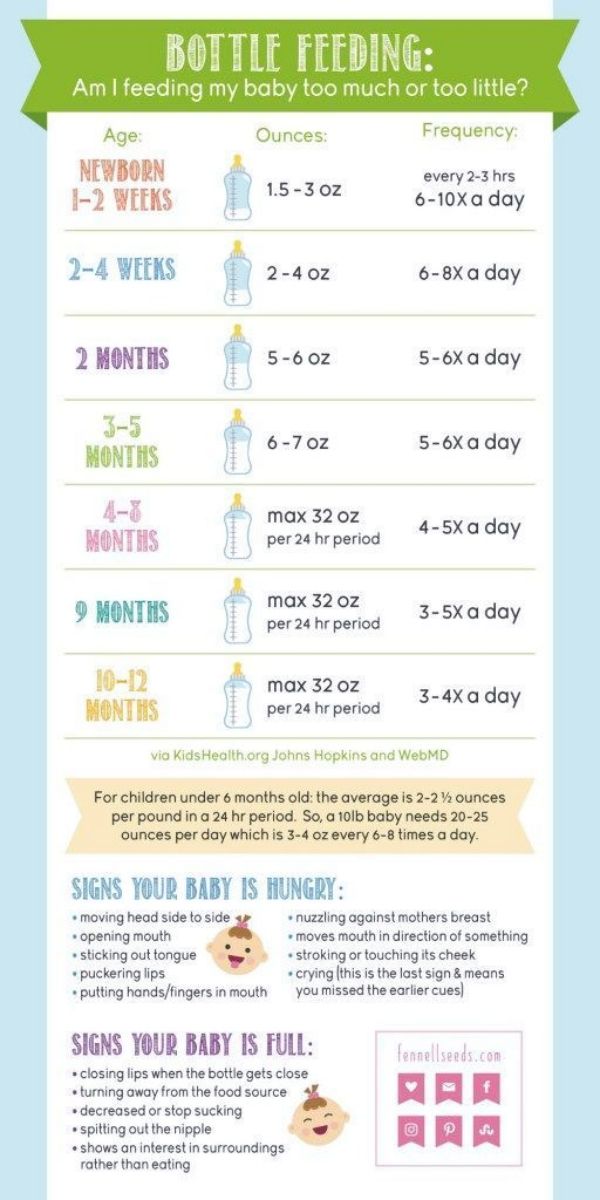 Attempts to reduce nighttime feedings before this point can end in failure, exhaust the mother and cause sleepless nights for the whole family.
Attempts to reduce nighttime feedings before this point can end in failure, exhaust the mother and cause sleepless nights for the whole family.
The following terms are considered physiological:
| Type of feeding | When do night feeds end? |
| breast | A breastfed infant stops eating at night around 18–24 months of age. |
| mixed | Depends on what kind of food (formula or breast milk) prevails in the baby's diet. Age can vary from 9 to 24 months. |
| artificial | Formula is considered a heavier product, so formula-fed babies may stop eating at night as early as 9-12 months. |
Some babies, whether breastfed or formula-fed or mixed-fed, may start sleeping without waking up for nighttime feeds as early as 6 months. If the mother has enough milk, and the baby is gaining weight normally, you do not need to specifically wake the baby to feed him.
If the mother has enough milk, and the baby is gaining weight normally, you do not need to specifically wake the baby to feed him.
Important! Night feedings are the key to successful lactation. If the baby of the first months of life does not wake up at night, you need to offer the breast to a sleepy baby. This stimulates the production of milk and will help to avoid problems with its quantity.
How to stop feeding your baby at night on EW
It is much easier to remove night feedings from a bottle-fed baby than from breastfeeding. This is due to the fact that a baby on IV immediately gets used to the schedule, and with a greater nutritional value of the mixture, and less difficulty with its replacement. On average, babies who eat formula wake up only 2-3 times per night, so it will not be difficult to refuse such a number of feedings.
However, weaning from nighttime eating should begin no earlier than 6 months. By this age, the brain of children in general is ready to sleep without awakening from 6 to 8 hours. What can be done to reduce the number of feedings?
What can be done to reduce the number of feedings?
- If the mother practices co-sleeping, you should not combine moving the child to the crib and accustoming to uninterrupted sleep at night. It is better to reduce the number of wakings first, and then move the baby to your bed.
- If the baby has entered a clear mode, you can gradually increase the intervals between night feedings. You can move them no more than half an hour at a time.
- When the baby asks for food at night, offer him water first and only then formula. Perhaps he wakes up from thirst, not from hunger. This approach will help increase the intervals between feedings.
- After a year, a hearty dinner helps to improve sleep. Feed your baby porridge or porridge with meat 2-3 hours before bedtime. Such food is digested for a long time and will help the baby sleep better.
It is important to remember that the reduction in feeding should not be accompanied by tears and tantrums of the baby. Restless night sleep and discomfort will cause the baby to wake up more often.
Restless night sleep and discomfort will cause the baby to wake up more often.
Weaning from night feeds should not be a problem for the baby and other family members. Our doctors will remotely advise on the features of children's sleep and help you choose the right moment for weaning from night feedings.
How to remove night feedings with breastfeeding
The regimen of children who are exclusively breastfed is different from the regimen of children who are fully or partially artificially fed. For children on IV, night feedings, rather, are a consequence of the characteristics of the child's psyche and metabolism. For children on breastfeeding, they are rather a necessity.
It is at night that the hormone prolactin is produced, which regulates the production of milk in the mother. If you do not feed your baby at night or leave such feedings too early, this will directly affect the amount of milk and, as a result, the development and growth of the baby.
It is believed that during weaning, night feedings are the last to stop. However, you can reduce the number of nightly attachments before the mother decides to complete breastfeeding. What can be done for this?
- If the mother practices co-sleeping, moving the baby to her crib will help reduce the number of nightly attachments. At first, you can put a baby bed with the side removed to the parent one and shift the baby after he falls asleep. Then the side rises, and the bed moves away.
- After a year, giving up or reducing the number of night feedings helps a hearty dinner and a bowl of water instead of breastfeeding at night. You can also give kefir or a mixture at night.
- The number of nightly attachments is also affected by daytime feeding. If the mother cancels too many daytime attachments and severely restricts the baby, he can compensate for the lack at night. Therefore, if the mother does not plan to completely cancel breastfeeding, it is better to allow the toddler to apply during the day.
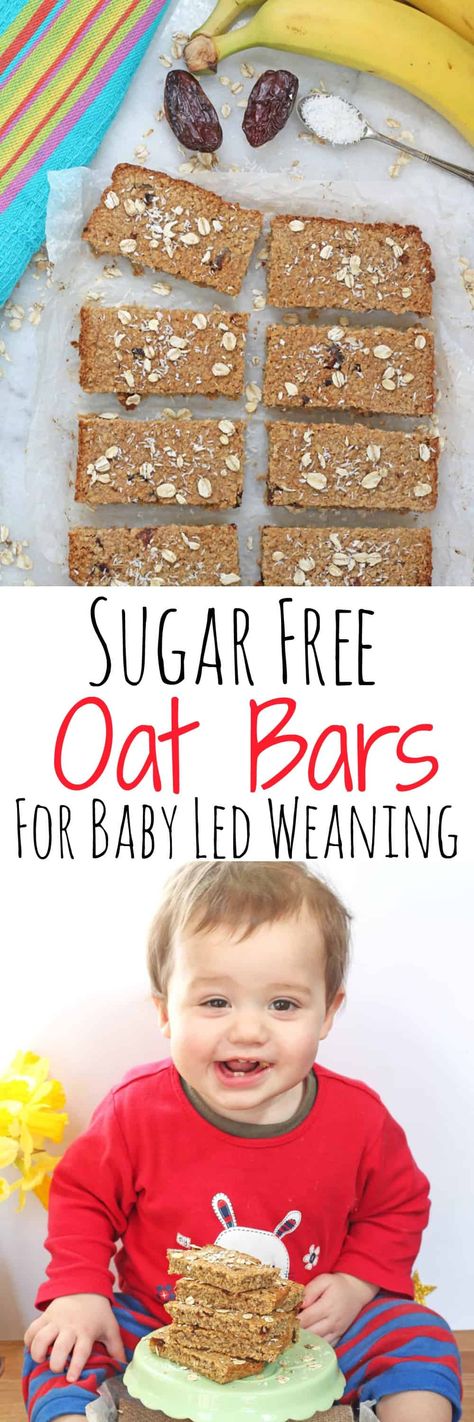
If the mother does not plan to stop breastfeeding in the near future, then it is better to postpone weaning from night feedings to a more suitable time for this and wait for the moment when the baby himself refuses nightly feedings. After a year, you can teach the child self-attachment. In this case, neither the baby nor the mother practically wakes up at night.
Read also What kind of breastfeeding is considered prolonged
FAQ
How many times does the child eat at night?
+
The number of night feedings depends on the age and type of feeding. Formula-fed babies wake up 2-3 times a night on average. Breastfed babies may wake up more often.
When do children wake up at night?
+
The baby's brain is not adapted to a long night's sleep. This is believed to be an evolutionary mechanism that protects infants from sudden infant death syndrome.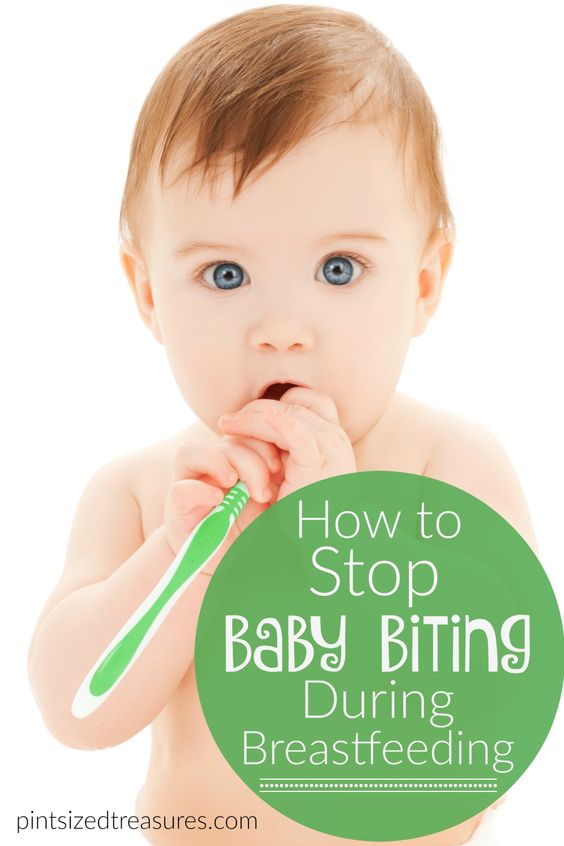 The child begins to sleep more than 6 hours in a row after a year, and all night - closer to three.
The child begins to sleep more than 6 hours in a row after a year, and all night - closer to three.
What can I do to stop my child from eating at night?
+
You can reduce the number of nightly feedings by moving the baby to a separate bed, starting to feed a denser dinner and gradually increasing the intervals between nightly attachments.
When should a baby be weaned?
+
The World Health Organization recommends breastfeeding or formula feeding until two years of age if it is comfortable for both mother and baby. If a woman decides to wean the baby from the breast earlier, you need to replace the breast mixture.
Is it necessary to wean the baby from the breast if he does not sleep well?
+
Weaning does not guarantee that the baby will sleep through the night. For this to happen, his nervous system must mature.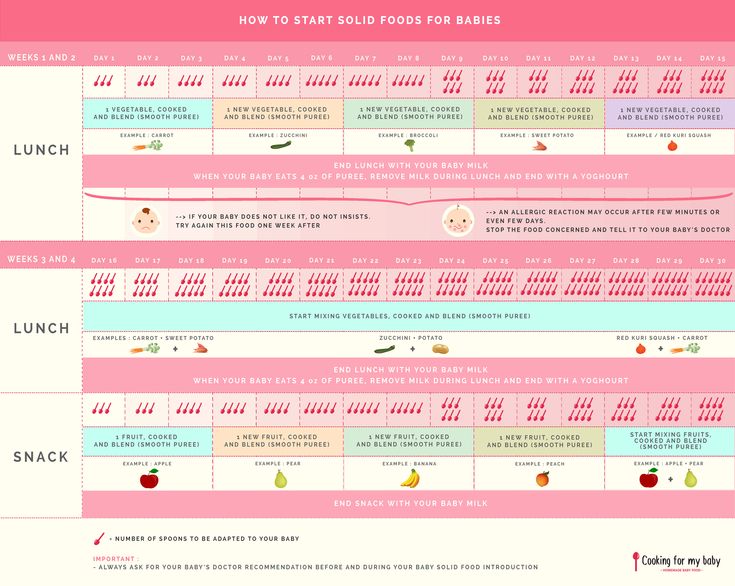 Weaning, especially through tears, can cause restless sleep and frequent waking.
Weaning, especially through tears, can cause restless sleep and frequent waking.
Expert opinion
Night feedings are necessary for the normal growth and development of the child. On average, children self-refuse by the age of 9-24 months. However, this does not mean that the child stops waking up at night. The brain fully matures for this only at the age of 3 years. To wean a child from waking up at night, you need to feed him more densely before bedtime, move him to his crib and offer water at night instead of breast or formula.
We publish only verified information
Article author
Pruzhinin Mark Yulievich pediatrician
Experience 30 years
Consultations 1572
articles 104
An experienced pediatrician with extensive experience and clinical experience in various medical organizations in the field of general pediatrics, resuscitation and anesthesology and neuroinfection.